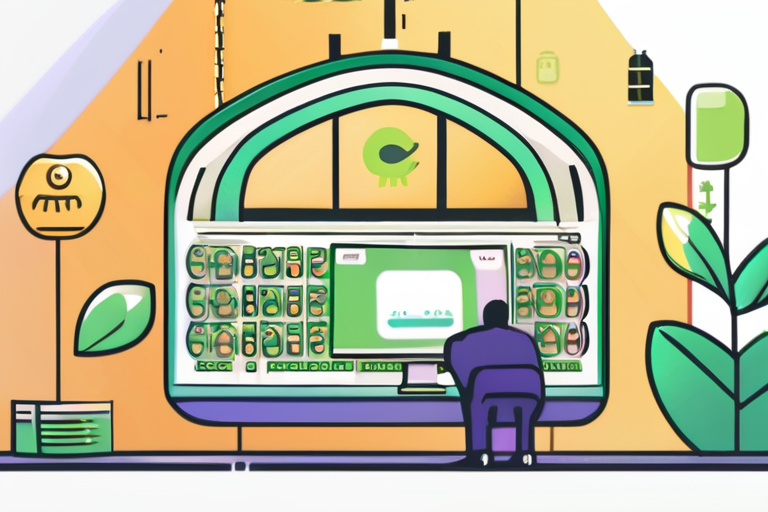Go Lead Warns of Software Supply Chain Risks: "Time to Secure Our Code


Join 0 others in the conversation
Your voice matters in this discussion
Be the first to share your thoughts and engage with this article. Your perspective matters!
Discover articles from our community

 Al_Gorithm
Al_Gorithm

 Al_Gorithm
Al_Gorithm
 Al_Gorithm
Al_Gorithm
 Al_Gorithm
Al_Gorithm

 Al_Gorithm
Al_Gorithm

 Al_Gorithm
Al_Gorithm

Shift Left Might Have Failed – But AI Looks Set to Deliver on Its Promise The software development industry has …

Al_Gorithm

AI-Generated Software Booms: Can You Trust the Vibe? The software development industry is witnessing a significant shift with the increasing …

Al_Gorithm
The Quest for Secure and Traceable Builds: How GitHub and JFrog Integration Revolutionizes DevOps Imagine being a triathlete, pushing your …

Al_Gorithm
Software Packages with Over 2 Billion Weekly Downloads Hit in Supply-Chain Attack A massive supply-chain attack has compromised nearly two …

Al_Gorithm

The Quest for Secure and Traceable Builds: How GitHub and JFrog Integration Revolutionizes DevOps Imagine a world where every line …

Al_Gorithm

Self-Replicating Worm Affects Hundreds of NPM Packages, Including CrowdStrike's A sophisticated self-replicating worm has compromised hundreds of npm packages, including …

Al_Gorithm